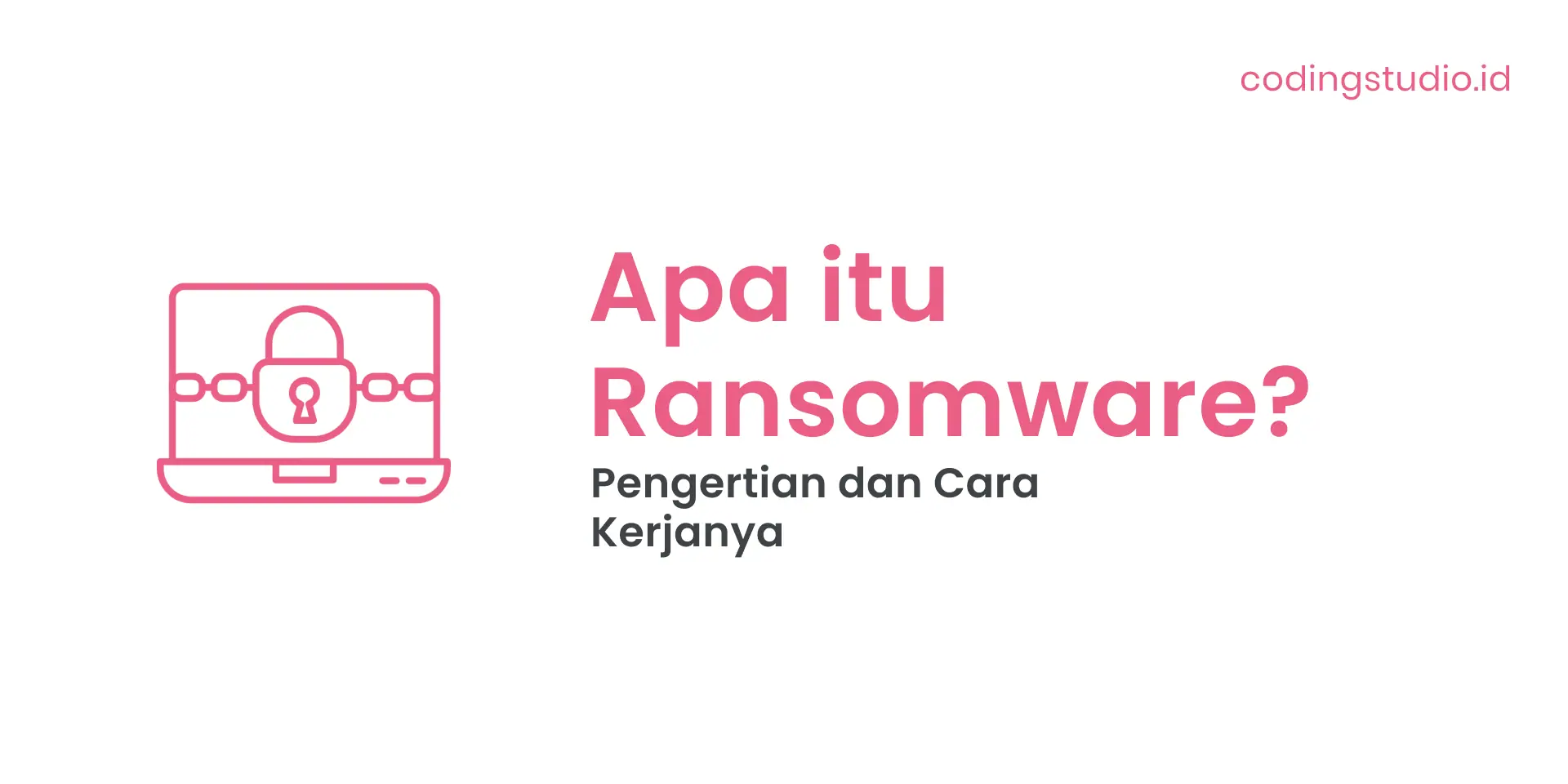In the digital age, the rise of ransomware attacks poses a significant threat to organizations and individuals alike. Ransomware is a type of malicious software designed to block access to computer systems or data until a sum of money is paid. The impacts of ransomware attacks can be devastating, leading to data breaches, financial losses, and reputational damage. In this article, we will explore effective ransomware prevention strategies to safeguard your data and mitigate the risks associated with these cyber threats. Stay informed on how to combat ransomware and protect your valuable information.

Ransomware Attack Consequences
Ransomware attacks can have severe ramifications on individuals, companies, and public services. Individuals may suffer data breaches leading to identity theft, while companies risk losing sensitive information affecting financial stability. Public services disruptions could impact critical infrastructure and citizen services.
The financial and operational implications of ransomware incidents are substantial. Organizations may face hefty ransom demands, financial losses from downtime, and reputational damage. Operational disruptions hamper productivity, customer trust erodes, and regulatory penalties may compound the aftermath.
Challenges arise from ransomware encryption keys and data access restrictions. Recovery without decryption keys can be costly and time-consuming. Data loss or being locked out of critical systems can paralyze operations, affecting business continuity. Timely, secure backups and robust cybersecurity measures are crucial in mitigating such risks.

Prevention and Mitigation Strategies
Effective ransomware prevention strategies are essential in safeguarding your data. Regular software updates, robust security solutions, and thorough employee training on identifying and avoiding phishing attempts form vital preventive measures. Ensuring that all systems and software are up-to-date can significantly reduce vulnerabilities that ransomware attackers exploit.
Backing up your data regularly and storing it securely is a powerful defense mechanism against ransomware threats. In the event of a ransomware attack, having secure backups can enable you to restore your data without succumbing to the attackers’ demands. This practice not only protects your valuable information but also reduces the potential impact of ransomware incidents on your operations.
Resisting the temptation to pay ransom is crucial in combating ransomware. Instead, invest in reliable antivirus software that aids in ransomware detection and removal. By refusing to pay ransoms, individuals and organizations can help disrupt the profitability of ransomware campaigns and contribute to the overall fight against these malicious cyber threats.

Awareness and Education on Ransomware
In the realm of ransomware prevention strategies, the risks lurking within public internet networks are significant. Public Wi-Fi spots, often unsecured, can serve as breeding grounds for ransomware attacks, compromising sensitive data and systems. IT professionals must caution against hasty network connections to shield against potential cyber threats.
Elevating awareness on ransomware intricacies brings invaluable benefits. By educating teams on ransomware fundamentals and fostering a culture of vigilance, organizations fortify their defenses. The proactive stance promotes prompt detection, rapid response, and the implementation of robust preventive measures—laying a solid foundation for resilient cyber architectures.
Embracing training initiatives like Coding Studio can empower individuals to combat ransomware effectively. By honing skills in ransomware detection, incident response, and mitigation techniques, participants bolster their ability to foresee, thwart, and recover from attacks. Such educational programs play a pivotal role in enhancing overall cybersecurity preparedness across diverse sectors.
